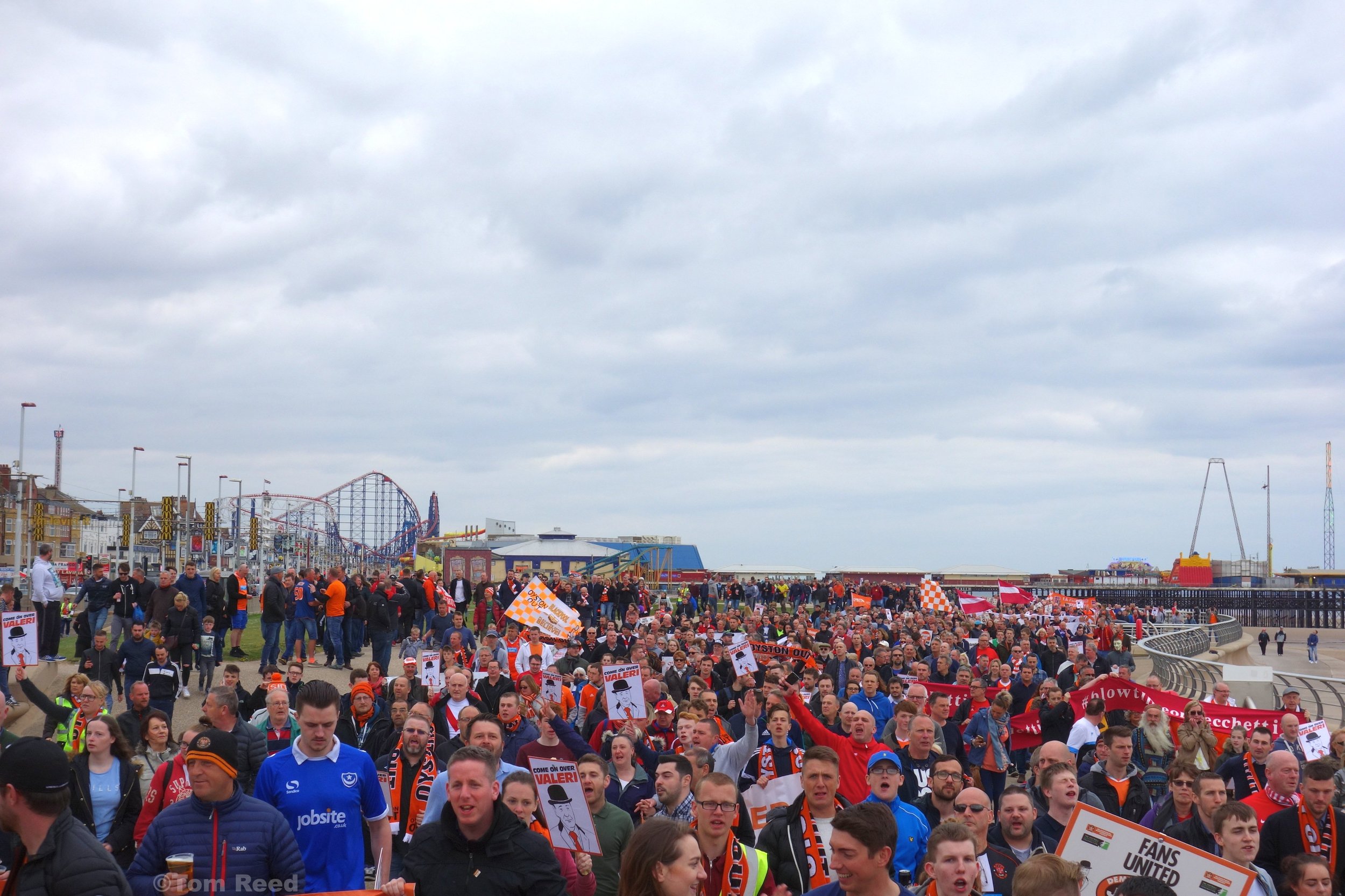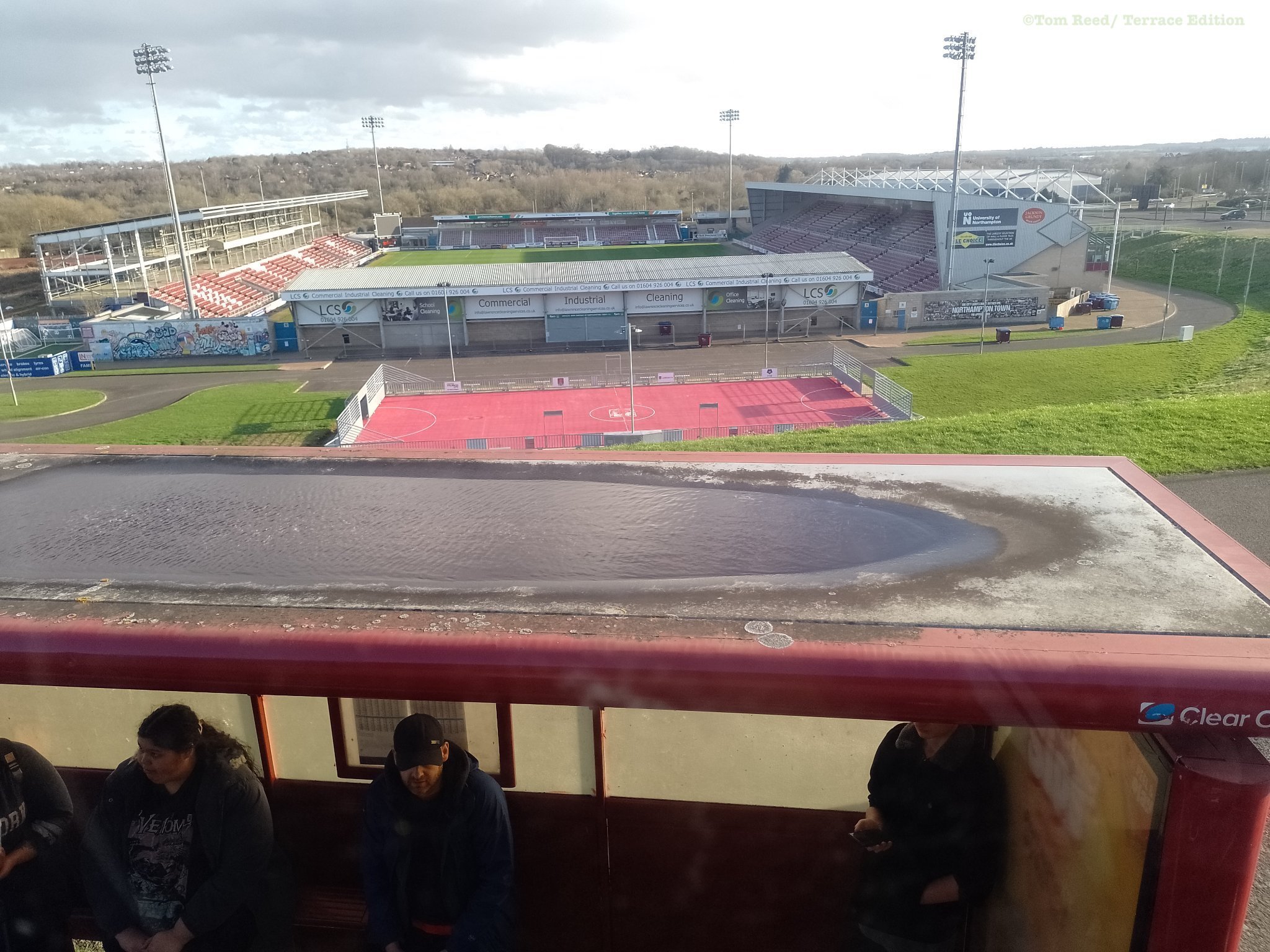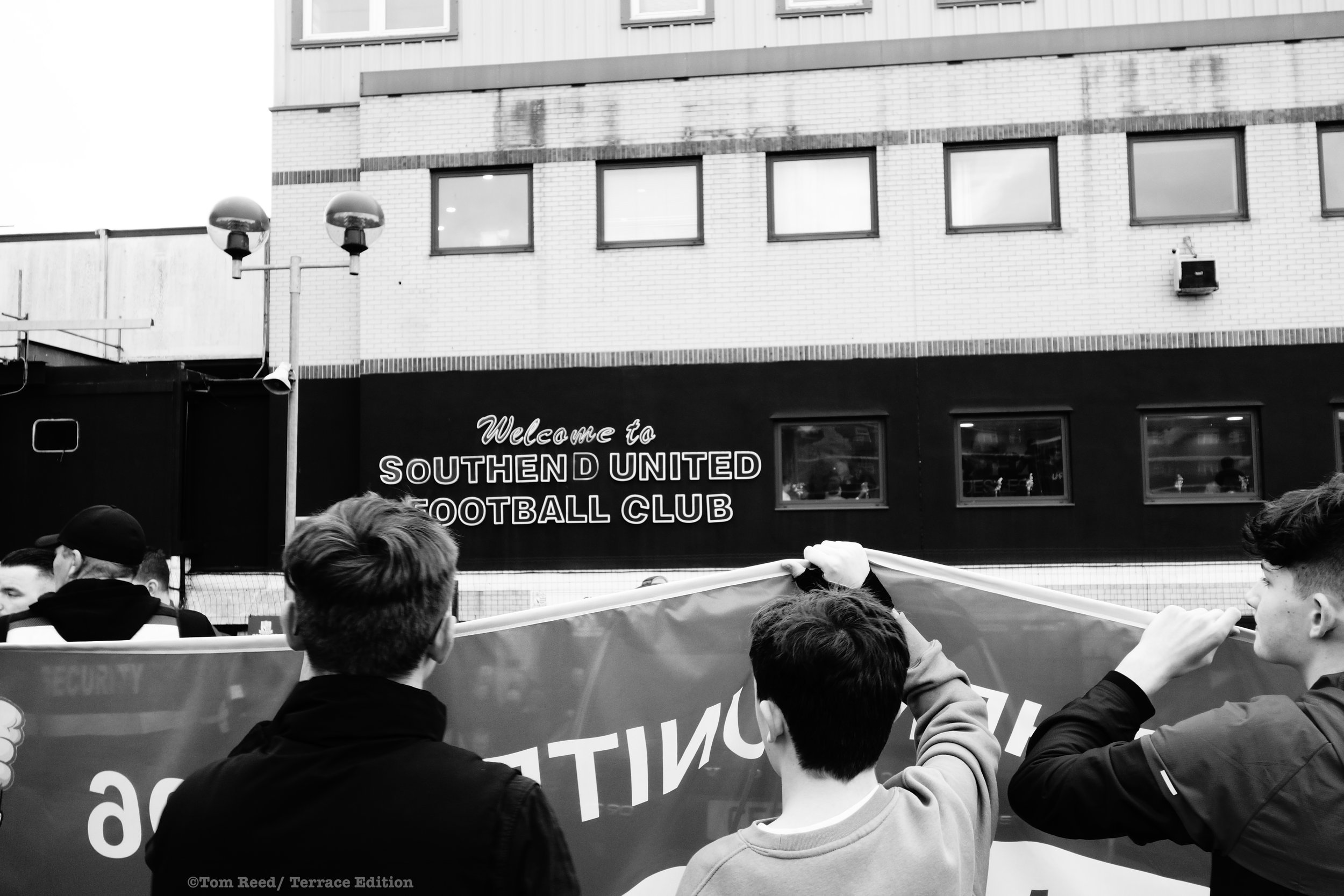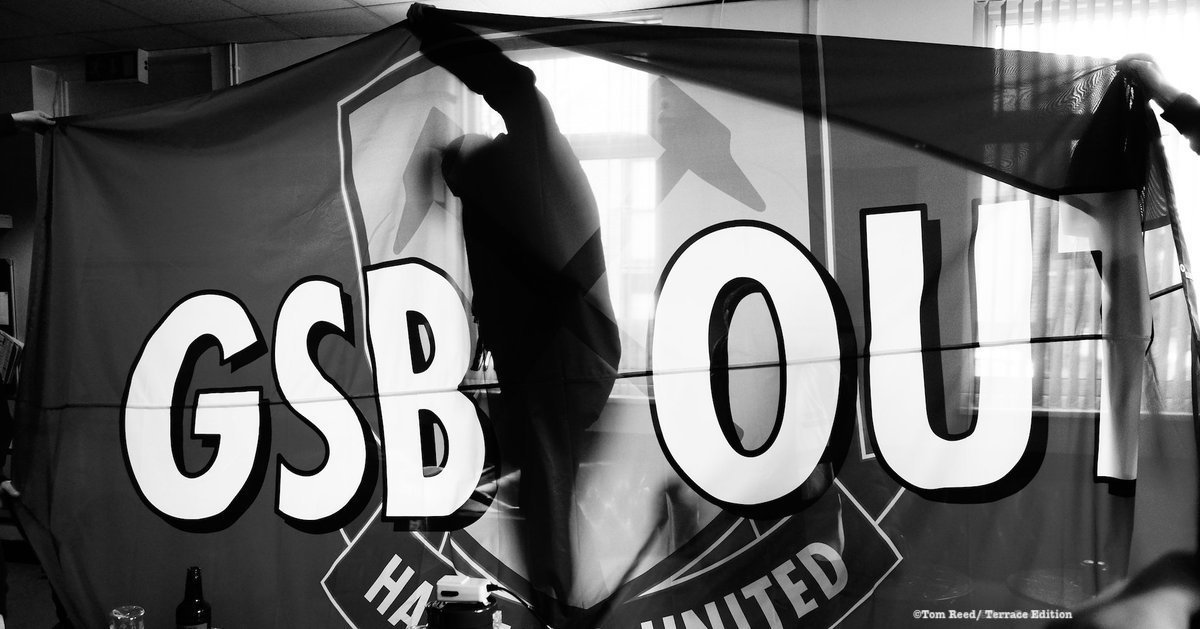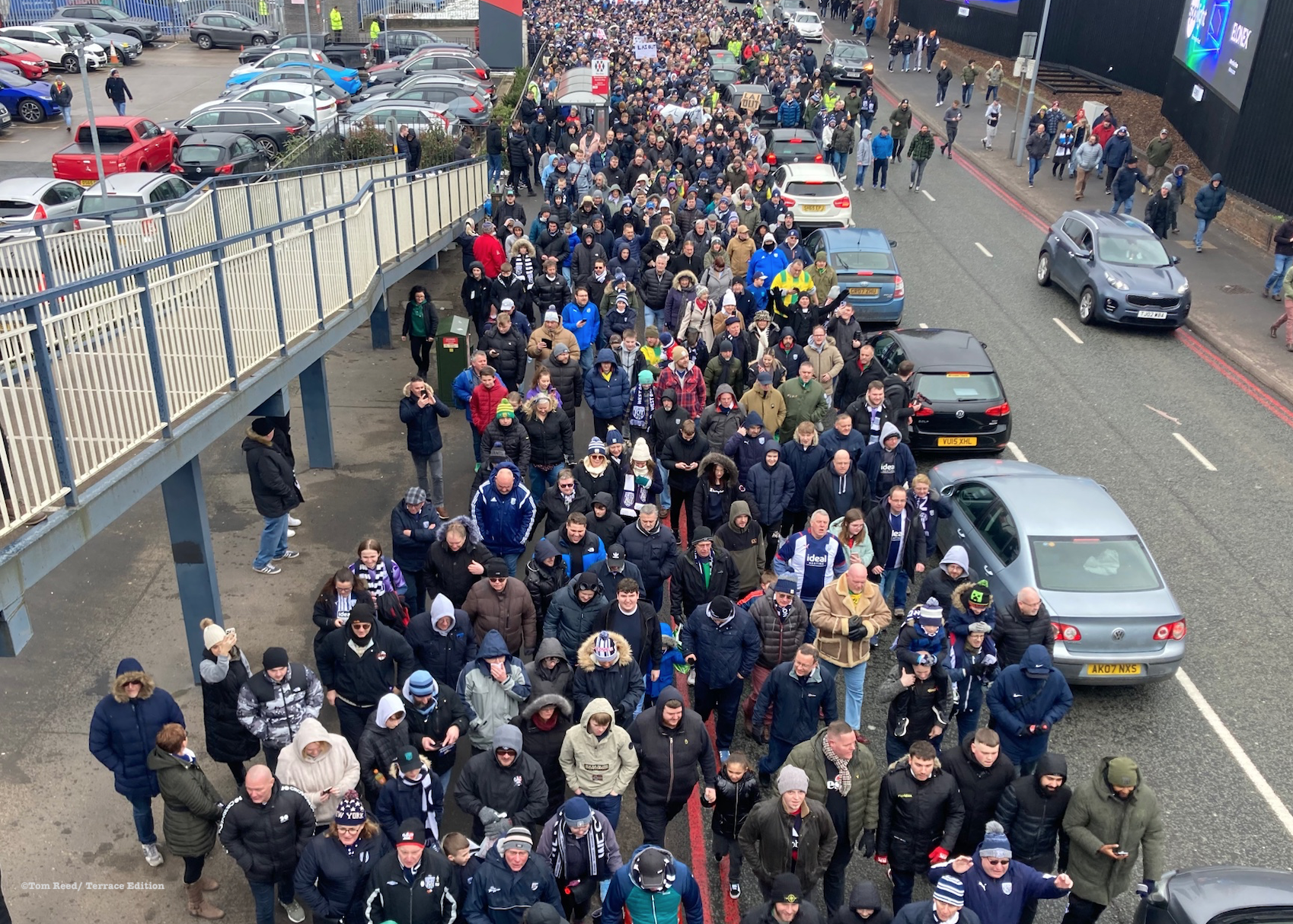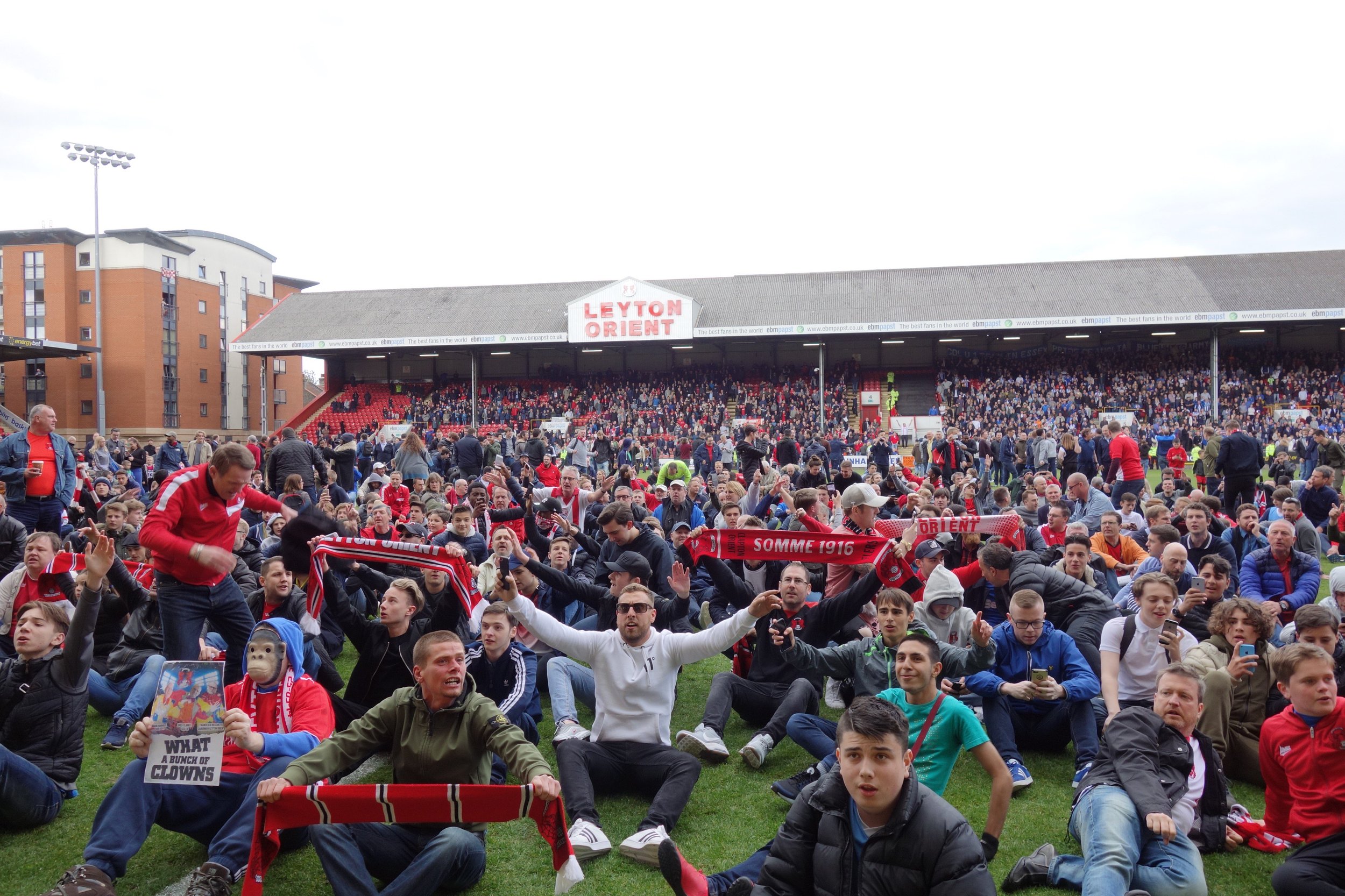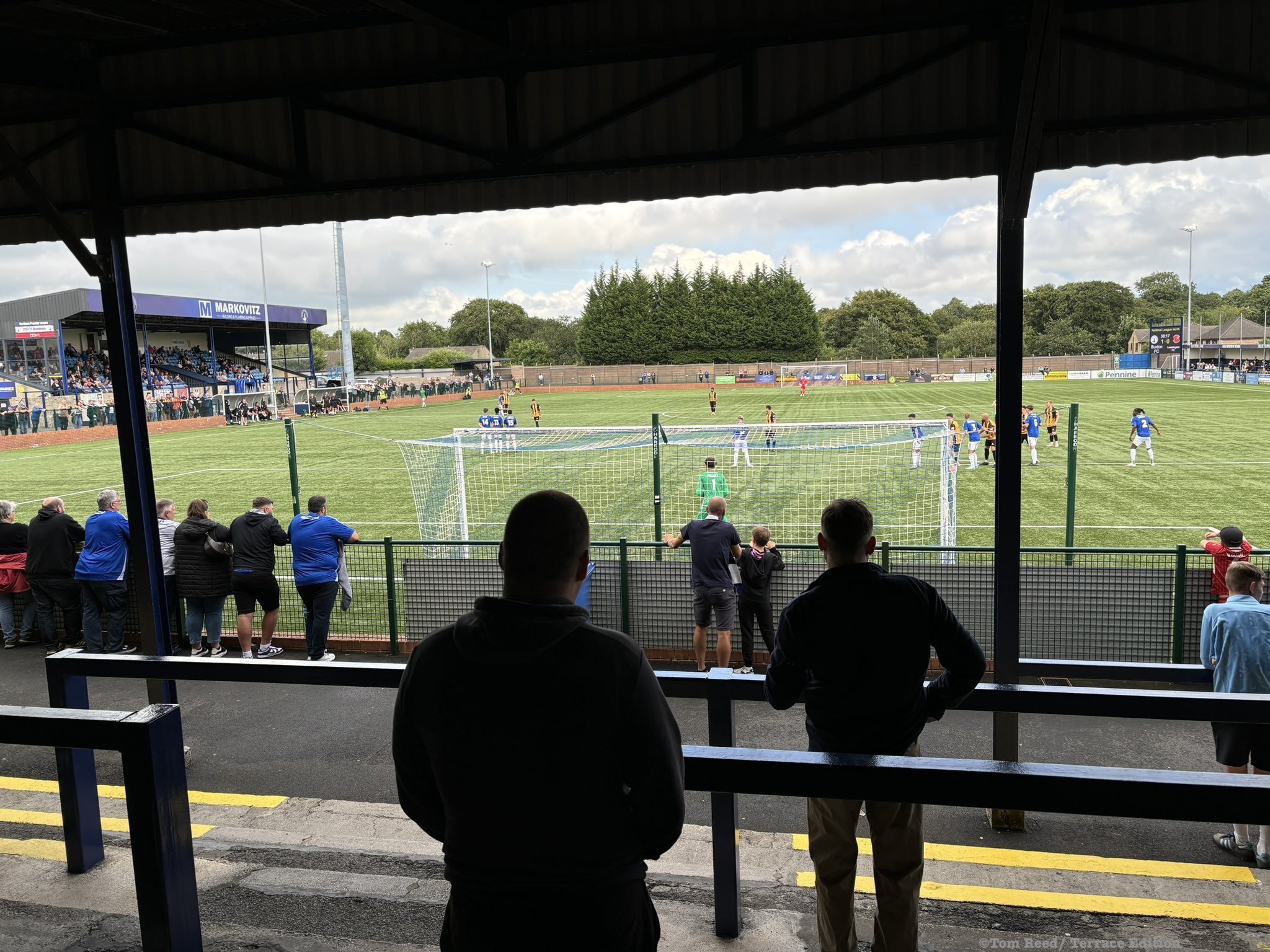The pain game

The new Independent Regulator isn’t too little but it’s most definitely too late.
Words: Tom Reed
1999 was a year like any other in English football and that was the problem. Portsmouth FC, the pride of the South Coast, had been in administration and immediately before that, Crystal Palace, Bournemouth and Millwall, no small fry.
Like today, an Independent Regulator for Football had been tabled. It was acronymed Offoot in 1999, rather than the IREF, put forward as a bill of Parliament in 2024 but the gist was the same.
It was rebuffed back then, by the so called “guardians of the game”; the Football Association, the Premier and Football Leagues.
Nick Harris of the Independent summed it up succinctly in 1999 by saying “In the evidence they submitted to the Task Force, the three governing bodies rejected ticket price controls as "inappropriate", saying that clubs needed flexibility to allow for circumstances such as promotion, relegation and ground developments. They said that they "do not believe that the overall well-being of the game will be helped by new layers of regulation or bureaucracy" [ie, a regulator], and dismissed fans' calls for representation as “unacceptable."
And there we have it, just one example of the very people that football supporters leave to run the sport in good faith, apparently body-checking the kind of reform that could have prevented so much misery and pain that has come in the resulting years.
"What we've said is `no' to statutory requirements [on tickets, quotas and supporters representatives on club boards…And we do not believe an outside regulator imposing mandatory restrictions on our members is in the game's best interests” said Mike Lee, a Premier League spokesman in 1999 as reported by the Independent, adding insult to injury.
Portsmouth were back in administration barely 11 years after the late 90’s episode, spending way beyond their means, with Offoot put in a dusty drawer till the game was on its knees.
©Tom Reed/ Terrace Edition. Blackpool Judgement Day 3 protest. 2017.
Supporters of Hereford United, wound up in the High Court in 2014 after being acquired by a man, reported by the Guardian, to have been convicted of lorry theft, will pause for contemplation today. Their team is in the National League North now, some two leagues below the Football League and go by the name Hereford FC, the United ripped away from them by people who couldn’t live up to the community remit of their roles.
Over at Notts County, the proud outfit from Meadow Lane, they are entitled to ask where was the regulator, when in 2009 they fell foul of the “Munto Finance” deal, of which the BBC reported the Magpies were “conned by a fraudster” who “had false claims he was managing the sovereign wealth of the Bahrain royal family”.
County had brought Sven-Goran Eriksson in as manager and a series of ghoulishly inappropriate signings for their League 2 position including Sol Campbell and Kasper Schmeichel, in deals which were less too good to be true as too shite to be alright.
Ray Trew picked up County for £1 after that, uncovering debts of £7million and that sort of baggage takes a long time to unload, like a fake sheik’s Louis Vuitton from the aeroplane hold.
Meanwhile, at Northampton Town, they still stare at the shell of an East Stand, nearly 10 years after a £10.25 council loan for stadium works went missing under the stewardship of the Cardoza family.
In a bitter irony, the Cobblers of the East Midlands had been in administration in 1992, saved by the first ever supporters’ trust but then plunged into financial turmoil after the Cardozas had bought the club following the ITV Digital crash of 2002.
The late, great, Brian Lomax headed up the Northampton Town Supporters’ Trust and his work was heralded by the Football Task Force to be replicated across the game. The very same Task Force who tabled the Independent Regulator Offoot in 1999 that was rebuffed by the FA, Premier and Football Leagues.
©Tom Reed/ Terrace Edition. Northampton Town East stand shell.
Lomax was suggesting, very sensibly and very early that fans should be partners in the running of clubs and that fan-ownership should be promoted as a healthy counterbalance to the influx of opaque club acquisition from UK individuals and those from overseas.
Unfortunately, 1992 was not only the year that the first supporters’ trust emerged at Northampton, but the year the Premier League burst into life and free-market football went hyper.
In ’99 the Premier League were against the statutory placement of elected fan reps on club boards and by 2018, Supporters Direct, the single issue body that forwarded fan-ownership and democratic running of clubs had been forced to merge with the Football Supporters Federation due to a “funding crisis” with the game awash with cash.
And so, we are where we are, with Reading fans distraught that a former fan-owned club bought by Americans in Wycombe Wanderers, would even think about picking over the Royals’ training ground while supporters of the Berkshire club are fearing for its future.
Southend fans spent all winter picketing the house of former club owner Ron Martin, whose appearances in the High Court were so regular that Football Finance guru Kieran Maguire quipped the Shrimpers had “season tickets with the HMRC”.
Fan-owned outfits such as AFC Wimbledon and Exeter are outliers in an alternative, healthy way of running the game rather than front and centre as they should be.
So many years have passed with a rank underinvestment in fan-ownership, in learning and collaborating with clubs in Germany and Sweden, who work with 50+1 models that protect them from the battering that clubs here have taken.
“Football has an ownership problem” says the Reading fans’ protest banners but it also has a problem in its over-reliance on “saviour takeovers” and fans appealing to Hollywood film stars for rescue rather than looking to their own communities.
Overall, It has all been so unnecessary and too painful, with good people like Brian Lomax, dying with their clubs on the floor and no hope for game that is run to any logic.
We’re a step closer now to righting a few wrongs with the introduction of a Football Governance Bill but the respected Fair Game UK, who campaign for a more functional distribution of funding in football, are already sounding a note of caution by saying "In the last couple of weeks, we have met ministers, and repeatedly we have failed to get assurances that the regulator will have the power to intervene.”
It’s ok to say that it’s far too late and to think about the clubs who were betrayed over 30 years and more, we owe them that.
©Tom Reed/ Terrace Edition. Southend fans Martin Out protest.
©Tom Reed/ Terrace Edition. Blackpool Judgement Day 3 protest 2017. Orient fans joined in solidarity.
©Tom Reed/ Terrace Edition. Northampton Town “We Want Answers” protest. £10.25 million went missing.
©Tom Reed/ Terrace Edition. Reading “Sell Before We Dai” protests 2023-.
©Tom Reed/ Terrace Edition. West Ham GSB Out protest. 2020.
©Tom Reed/ Terrace Editon. West Brom Action For Albion Lai Out protest 2023.
©Tom Reed/ Terrace Edition. Blackpool Judgement Day 3 protest 2017.
©Tom Reed/ Terrace Edition. Blackpool Judgement Day 3 protest. 2017.
Tom is Terrace Edition Editor and can be found on X: @tomreedwriting

